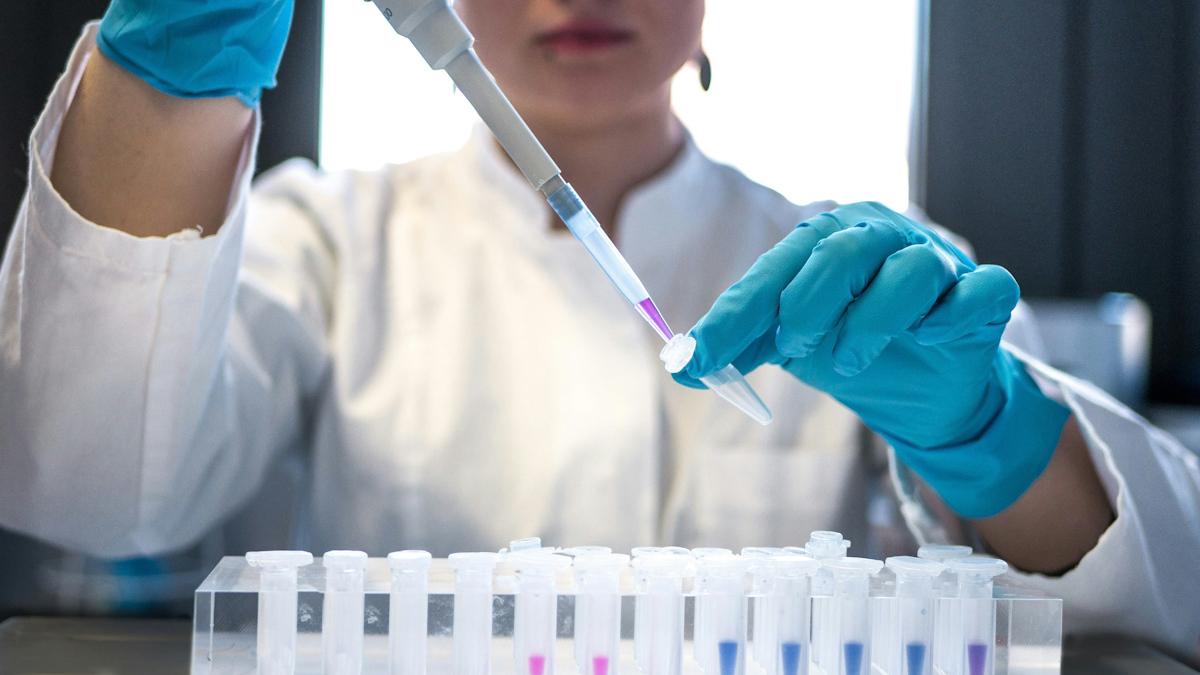Pharma companies warned over 'no deal' Brexit disruption

The government is asking pharma companies to introduce additional measures, over and above the stockpiles already in place, in the event of a ‘no-deal’ Brexit.
Health secretary Matt Hancock said that after Brexit, the government will find ways to ensure goods can continue to flow into the country and won’t be delayed by additional controls and checks.
Some pharma companies revealed earlier this year that they had stockpiled medicines as part of their contingency planning around Brexit.
But in a letter to the industry Hancock said that the UK will not be able to control the checks that member states impose at the EU border and that extra measures other than the stockpiles will be necessary.
The European Commission has made it clear that in the event of “no deal”, it will impose full third-country controls on people and goods entering the EU from the UK, Hancock said.
“Whether this happens or not is in their hands, not ours,” Hancock said in the letter.
This could mean delays at borders for around six months after Brexit in March next year in the short straits between Dover and Folkestone, affecting both imports and exports.
Medicines and medical products will be prioritised at the borders, where there will be extra roll-on, roll-off capacity and there will be alternative routes to ensure flow of these products will continue “unimpeded” after 29 March next year, Hancock said.
Hancock said that the government last month invited vendors of pharma warehouse space to bid for government funding to secure extra storage space for stockpiled medicines.
However there was little other detail about the specific measures the industry should be putting in place in case of Brexit.
Steve Bates, chief executive of the BioIndustry Association praised the government’s hard work so far in contingency planning in the event of ‘no deal’.
But he added: “A ‘no deal’ Brexit would mean the biggest dis-integration of the complex regulated medicines market across Europe in terms of regulation, cross border movement of goods, comparative pricing and intellectual property.
“On behalf of patients we encourage all participants to be as prepared as possible for a scenario industry really does not want.
“We should be under no illusions that this will be easy or smooth and today the challenge of ensuring UK medicine supply through 2019 in a No Deal Brexit scenario got harder not easier.”
Niall Dickson, co-chair of the Brexit Health Alliance, a group of organisations including NHS bodies campaigning to safeguard interests of patients, healthcare and research during Brexit, said members are “deeply concerned about the prospect of ‘no deal’”.
“This guidance does, however, provide some assurances that the government is seeking to minimise the impact of these delays and ensure patients can get the medicines and devices they need.
“Given the mutual reliance on the supply of medical products between the UK and the EU, we must now see what contingencies the EU is putting in place to protect the health of citizens across the UK and Europe.”













